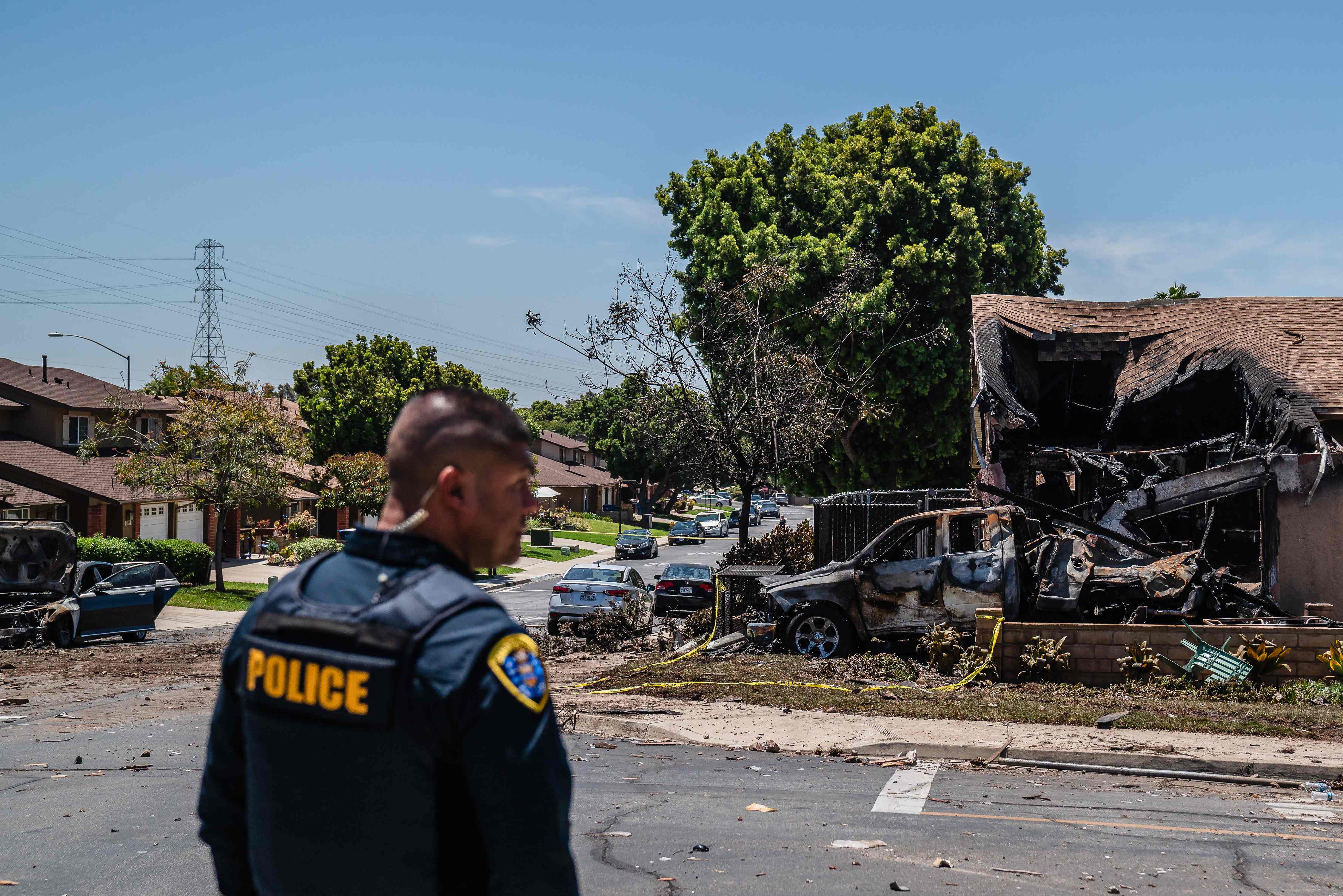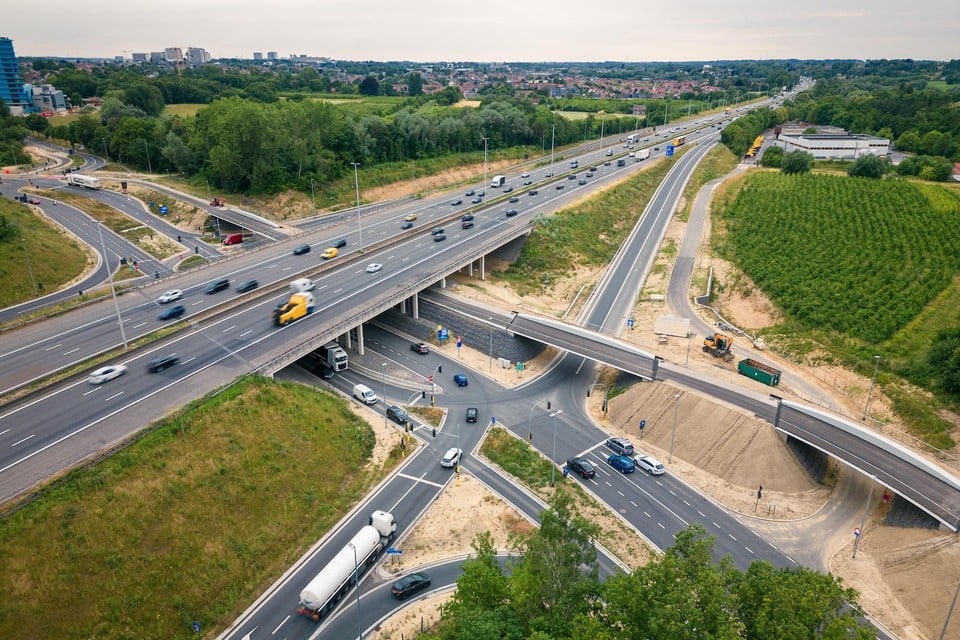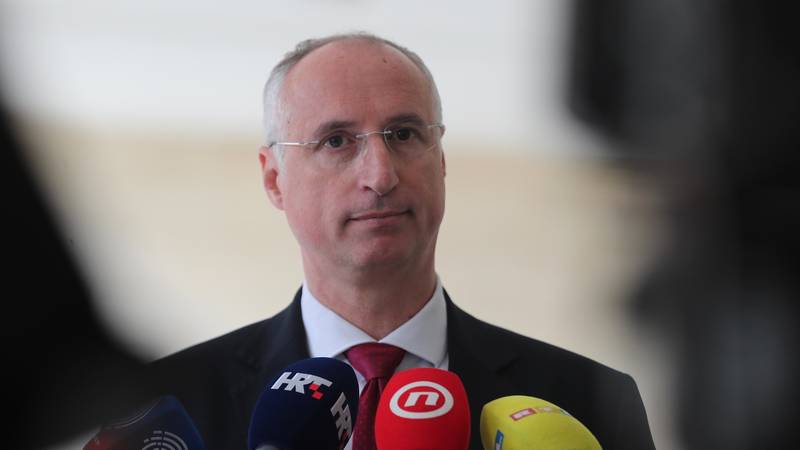The memory of Alesina: « His questions in advance of the complicated times we live »

Alesina was among the first to understand that modeling the economic policy of governments without taking into account the electoral incentives and the strategic aspect that certain choices would have had not brought us far away.
Exactly five years ago the economist Alberto Alesina suddenly missed, Collaborator of the Corriere della Sera and teacher of economic policy at the American University of Harvard, where he taught for more than three decades and where he was also president of the Department of Economics from 2003 to 2006. Alesina was among the first to understand that modeling the economic policy of governments without taking into account the electoral incentives and the strategic aspect that certain choices would have had not brought us far away. And it was also among the first to guess that social divisions that went beyond the economic classes would play an important role in determining the electoral and policy preferences of citizens.
Model politics
Since Alberto has been missing, I have often been asking me what he would have said or done in various circumstances of academic life, but never as in the last six months I have felt the weight of not being able to compare myself on what is happening in the United States. With him who in this country believed but who had always understood the breaking points of American society.
In the 1980s Alberto was among the first to understand that modeling the economic policy of governments without taking into account the electoral incentives and strategic aspect that certain choices would have had not taken us far away. Economic policy or public debt level cannot be understood without taking into account political conflict. This intuition widen the horizons of the macroeconomics and made it one of the founders of a new branch of the economy, the « Political Economy ».
Ethnic fragmentation
Alberto would therefore have had a lot to say about the current ideological polarization, not only in the United States, and on the economic implications of the latter.
But his contribution did not stop there. It was among the first to guess that social divisions that went beyond the economic classes would have had a decisive role in determining the electoral and policy preferences of citizens. In a series of innovative contributions He showed as higher levels of ethnic or racial fragmentation in different countries or cities were associated with a smallest offer of public goods such as education and transport, to a lower quality of institutions and lower levels of trust. He went to hypothesize that racial divisions were one of the factors that can explain the difference between the European welfare and the US welfare system – where the latter would have developed less because of the reluctance of citizens to finance benefits for members of different groups. Difficult not to think about how much the current polarization in opinions on the welfare system and health expenditure in the USA reflects social and demographic divisions.
The result of merit or luck
The question of what explains the preferences of the voters regarding redistribution is one of those on which Alberto has wondered longer. Apart from the role of interogeneity in preferences, Alberto understood the importance of the system of values that leads individuals to define the economic condition of an individual as a result of the « merit » (i.e. of the effort that each individual can control) or rather of the « luck » (or of factors outside the control of the individual, such as being born in a certain family or in a certain ethnic group). Using the data of sample investigations inside and outside the USA, Alberto showed as differences in the beliefs about the origin of success and in the expectation of being able to have a high degree of social mobility explain a significant part of the differences between those who want the government to redistribute more resources and those who, on the contrary, want a minimal role.
Disinformation on imagination
Many of the trends that we have observed in recent years can be traced back to topics that Alberto has studied and developed before they became common domination. For example, the secessionist thrusts and tendencies to redesign the boundaries of the countries in order to reconcile the economic benefits of the « economies of scale » and potential costs of social and ethnic interogeneity in terms of policy preferences. Or again, the level of disinformation when it comes to immigration. In recent years Alberto had dedicated himself, together with various collaborators, the collection of data on the opinions of European and American citizens regarding immigration. From these data it clearly emerges that the native population systematically tends to overestimate the number of immigrants in its country, and to underestimate the socio -economic profile of the latter: immigrants are seen as less educated, more unemployed, and more dependent on public subsidies than in reality they are. This negative vision then correlates with less support to redistributive policies and the social status. Again, it is difficult to overestimate the role that rhetoric on immigration and disinformation on this theme has played in American politics in recent times, and Alberto had glimpsed this direction a long time ago.
Determination in research
Rethinking us, maybe I know how the discussion would have gone between me and Alberto about what’s going on. With the air by prof and a great smile would have said to me: « What did I tell you ?? ». In that smile there would have been many things: the satisfaction for having had the right intuition (which was inevitably Alberto had), The self -irony of those who know that in any case their answers are imperfect and partial, and the determination of those who want to continue looking for. Yes, because the most important thing I learned from my friend and Maestro Alberto Alesina is that what matters is the right questions, and not being afraid if they seem ambitious or unsolvable.








